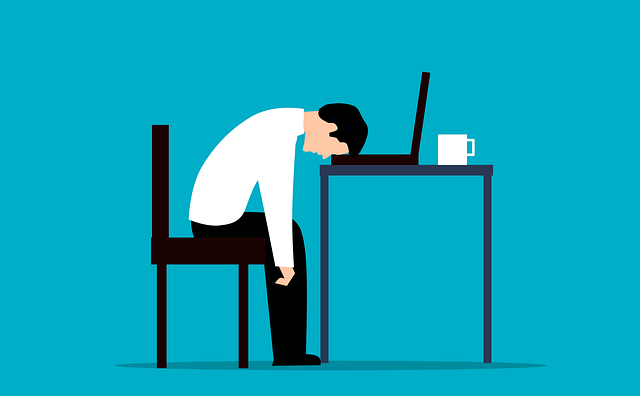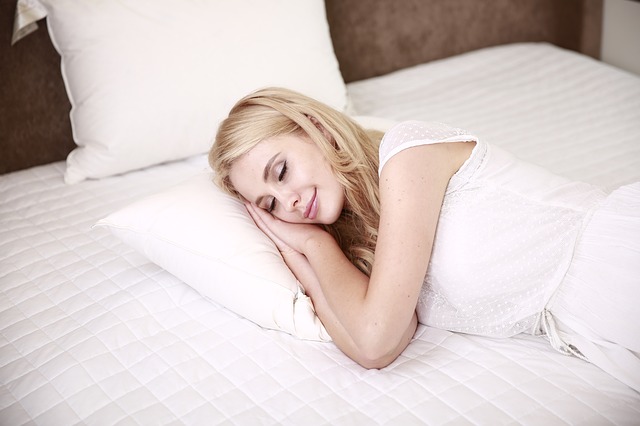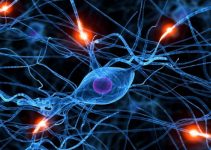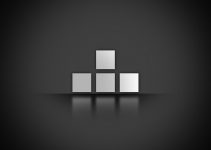Many people equate sleeping with being lazy! But a study suggests that sleep can boost creativity. You might find more potential after a good night of rest or even after a short nap. Is it time to bring a pillow to the office, then?
Sleep May Boost Creativity
Do you often feel drowsy but constantly try to fight off sleep because you have a lot of things to do, deadlines to meet?
It might sound rather counterproductive, but researchers are saying that you should take that much-needed nap so you can be more creative. That way, you might even accomplish more than you planned on doing.
But for it to work, your brain must be well-rested enough but also alert and in the early moments of sleep.

The study conducted by a team of researchers from Paris Brain Institute led by cognitive neuroscientist Delphine Oudiette was based on the rumored method used by prolific inventor Thomas Edison to find new ideas.
It was believed that Edison would take a catnap on a chair while holding two steel balls over metal pans. Naturally, the balls fall off as he drifts to sleep. The sound wakes him up – and he would quickly write the ideas he thought of while in those moments of sleep.
Sleep-Creativity Study
In the study conducted by Oudiette and colleagues, volunteers were given a tricky number problem.
They were supposed to convert a set of numbers into a shorter sequence, based on two simple rules. The rules might not be easy to decipher at first but once they get the trick, it was easier to answer the problem.

The volunteers were given 60 trials on the computer, then provided a 20-minute break in a quiet, dark room where could do whatever they want: stay awake or sleep.
While there, they were connected to electrodes to monitor brain waves.
To mimic Edison’s “alarm clock,” they held a light drinking bottle in one hand.
Half of the participants stayed awake, some progressed into deep sleep, and others stayed in the shallow sleep stage awakened by the falling bottle.
They were then asked to try and solve the number problem again.
The researchers were surprised that the ones who were able to take a cat nap performed better than those who stayed awake. However, those who went into deep sleep performed less.

The researchers concluded that the shallow “twilight zone” sleep can help you become more productive than staying awake or taking a deep sleep. But more studies need to be conducted to determine how many minutes this “light sleep” should be so that it will be effective.





